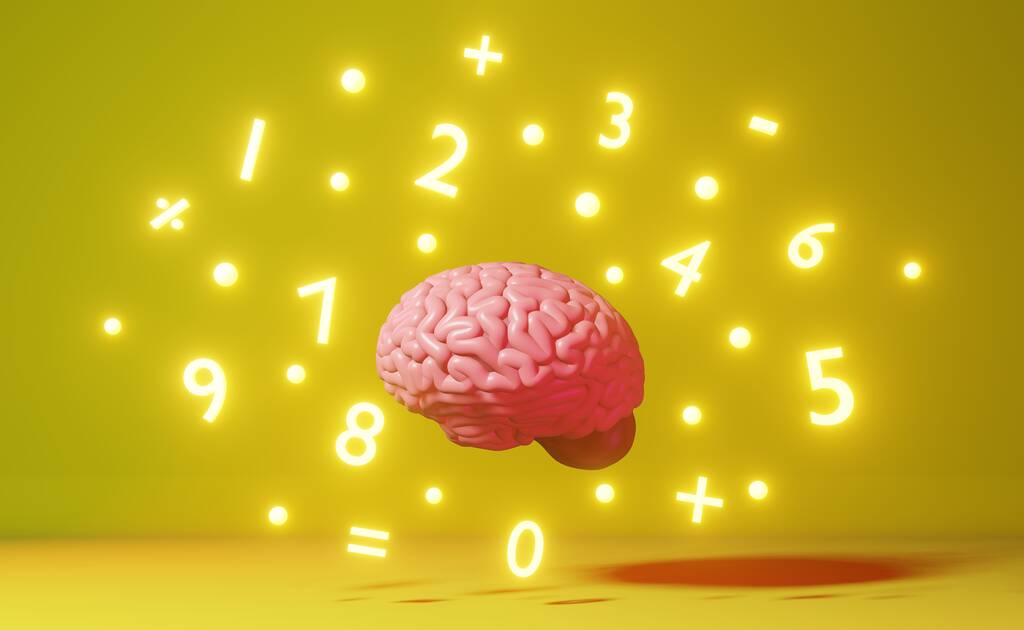Memory Consolidation: Nootropic Explained
September 13, 2023

Welcome, fellow brain enthusiasts! Let's dive into the fascinating world of memory consolidation and its relationship with nootropics. This is not just a journey through the labyrinth of your mind, but a thrilling exploration of how certain substances can enhance its functioning. Buckle up!
Memory consolidation is a complex process that transforms newly acquired information into long-term memory. It's like the librarian of your brain, meticulously cataloging and storing all the books of knowledge you accumulate. Now, imagine if this librarian could work faster, more efficiently, and never take a coffee break? That's where nootropics come in.

Understanding Memory Consolidation
Before we delve into the role of nootropics, let's get a grip on memory consolidation. It's a two-step dance: stabilization and enhancement. During stabilization, your brain takes new information and makes it stick. During enhancement, it strengthens these new memories, making them easier to retrieve.
Think of it as baking a cake. Stabilization is like mixing the ingredients - you're creating the foundation of your cake (or memory). Enhancement is like baking it in the oven - you're solidifying that foundation into a delicious treat that's ready to be enjoyed (or remembered).
The Role of Sleep in Memory Consolidation
Ever wondered why you feel refreshed and full of new ideas after a good night's sleep? That's because your brain has been hard at work consolidating memories while you were dreaming about unicorns. Sleep is a crucial part of memory consolidation, giving your brain the downtime it needs to process and store information.
During sleep, your brain replays the events of the day, strengthening neural connections that form memories. It's like your brain's version of a movie night, replaying the highlights (and lowlights) of your day, and storing them for future reference.
Neurotransmitters and Memory Consolidation
Neurotransmitters are the brain's messengers, transmitting signals between neurons. They play a key role in memory consolidation. Think of them as the postmen of your brain, delivering letters (information) to different houses (neurons).
Key neurotransmitters involved in memory consolidation include glutamate and acetylcholine. Glutamate is like the brain's 'fast-forward' button, playing a key role in the formation of new memories. Acetylcholine, on the other hand, is like the 'save' button, helping to consolidate these memories.
Nootropics and Memory Consolidation
Now, let's introduce the superheroes of our story - nootropics. These are substances that can enhance cognitive function, including memory consolidation. They're like the brain's personal trainers, helping it to work out and become stronger.
Nootropics can enhance memory consolidation in several ways. Some boost neurotransmitter levels, others improve blood flow to the brain, and some even stimulate the growth of new neurons. It's like they're giving your brain a full-body workout!
Types of Nootropics
Nootropics come in many shapes and sizes, from natural herbs to synthetic compounds. Some of the most popular include Bacopa Monnieri, a herb used in traditional medicine to enhance memory, and Piracetam, a synthetic compound known for its cognitive-enhancing properties.
Each nootropic has its own unique mechanism of action. For example, Bacopa Monnieri enhances memory by increasing the levels of key neurotransmitters, while Piracetam improves blood flow to the brain. It's like each nootropic has its own superpower!
How Nootropics Enhance Memory Consolidation
Nootropics enhance memory consolidation by boosting the brain's natural processes. They're like a turbo boost for your brain, helping it to process and store information more efficiently.
For example, some nootropics increase the levels of acetylcholine, a neurotransmitter that plays a key role in memory consolidation. Others stimulate the growth of new neurons, providing more 'houses' for your brain's 'postmen' to deliver their 'letters'.
Benefits and Risks of Nootropics
Like any superheroes, nootropics come with their own set of benefits and risks. On the plus side, they can enhance cognitive function, improve memory, and even boost mood. On the downside, they can cause side effects like headaches, nausea, and insomnia.
It's important to remember that while nootropics can enhance memory consolidation, they're not a magic bullet. They should be used as part of a balanced lifestyle, including a healthy diet, regular exercise, and plenty of sleep. After all, even superheroes need to take care of their health!
Choosing the Right Nootropic
Choosing the right nootropic is like choosing the right superhero for the job. You need to consider your individual needs, the benefits and risks of each nootropic, and the scientific evidence supporting their use.
It's also important to consult with a healthcare professional before starting any new supplement regimen. They can provide personalized advice based on your health history and current medications. Remember, even superheroes need a sidekick!

Conclusion
Memory consolidation is a complex process that transforms new information into long-term memory. Nootropics can enhance this process, boosting your brain's ability to process and store information. But like any superheroes, they come with their own set of benefits and risks.
So, whether you're looking to boost your memory for that big exam, or just want to keep your brain in tip-top shape, nootropics could be the superheroes you need. Just remember to use them wisely, and always consult with a healthcare professional before starting any new supplement regimen. After all, even superheroes need a little guidance!

 Back to Blog
Back to Blog